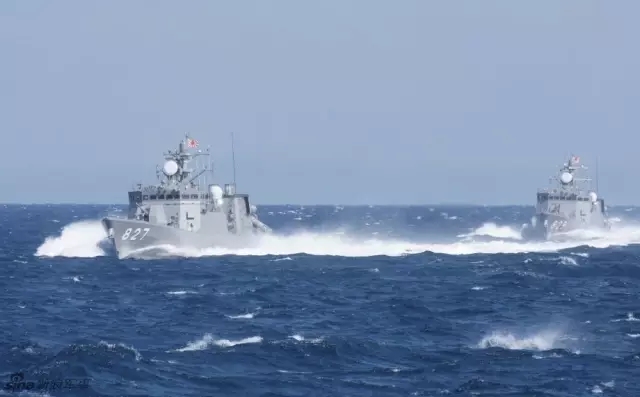
By Fang Xiaozhi
The Japanese government is working on an action plan to send Japan Maritime Self-Defense Force (JMSDF) to the Middle East for strengthening intelligence gathering, plus a plan to send high-level self-defense officers as liaison officers to the US Fifth Fleet Command in Bahrain, according to Sankei Shimbun.
The Middle East has always been a key area of concern for Japan. In recent years, it has continuously increased its military deployment there in the name of peacekeeping, anti-terrorism, anti-piracy, joint training, etc., and its military influence has continued to expand. Sending JMSDF to the Middle Eastern waters is an important measure for the Abe government to break through constitutional restrictions and send troops abroad.
Under Japanese stipulations, the JMSDF is not allowed to use weapons during the actual intelligence collection process, but the Japanese government has authority to issue an emergency order and grant the JMSDF the right to use relevant weapons according to the situation, in the event of an attack. In addition, Japan will send an Aegis destroyer and a P-3C reconnaissance aircraft to assist the gathering of intelligence in surrounding waters. It will carry out activities in the waters from the Gulf of Oman to the Gulf of Aden, along with the JMSDF troops dispatched by Japan in the waters off Somali, to form a joint operational dynamics.
However, restricted by its limited overall strength and its subordination to the US in foreign policy, Japan’s Middle East policy is deeply influenced by the US. As a result, Japan stopped purchasing Iranian oil due to US sanctions and sent liaison officers to the US to strengthen mutual military cooperation in the Middle East. But on the other hand, considering it has many vital interests in this area, and Iran is one of the key nodes in its involvement in the Middle East politics, Japan has clearly stated that it will not participate in the US' escort alliance against Iran, and has also been very careful in terms of sending troops there.
Japan has repeatedly emphasized that sending JMSDF to the Middle East is only for gathering intelligence and it will not easily enter the Iran-controlled Strait of Hormuz to avoid getting involved in the war. In fact, Japan aims to strike a balance between following the US and maintaining its independence. This also indicates its unwillingness to completely abandon the strategic pursuit of seeking military presence in the region.
From the perspective of future development, as the whole society continues to tilt to the right, Japan may further break through the restrictions of the pacifist Constitution and break through the restrictions of the right of collective self-defense through various methods. To a certain extent, the dispatch of combat ships to the Middle East helps Japan to maintain its normalized military presence in the Middle East on the grounds of national security and international needs.
It can be predicted that with continuous change of the Middle Eastern strategic pattern, Japan is not willing to be a bystander in the game of power. Instead, it will strive to actively become a participant and shaper of the security order. If Japan adopts a more aggressive approach, further breaks the shackles of the pacifist Constitution, and expands the scope of the SDF's overseas operations, the Middle East will inevitably become one of the mostly preferred strategic test grounds for expanding its influence in the future.
(The author is a researcher at the BRI Institute of Strategy and International Security, Fudan University)









